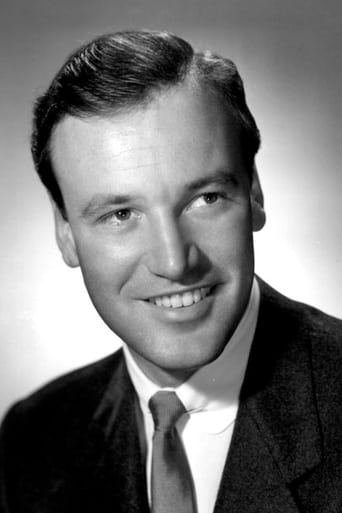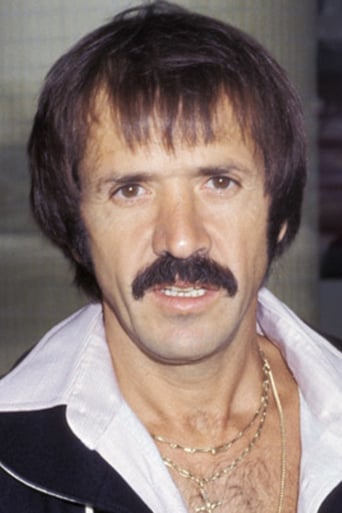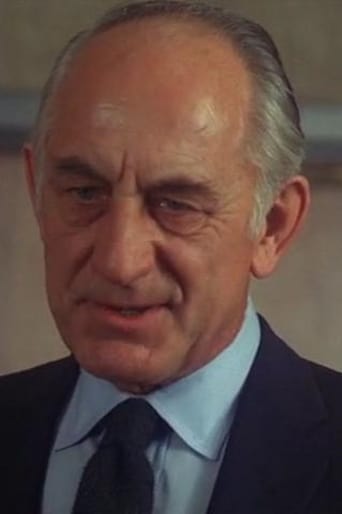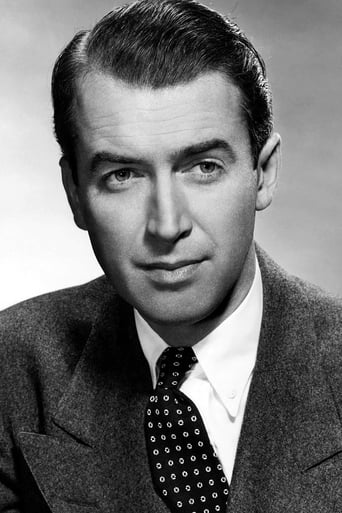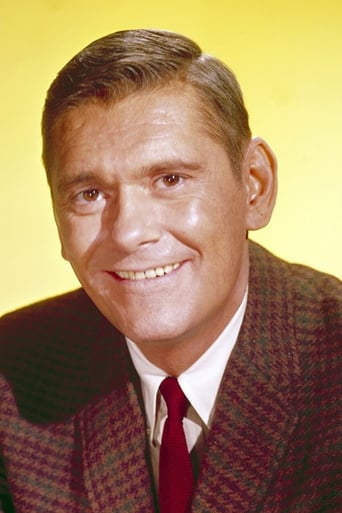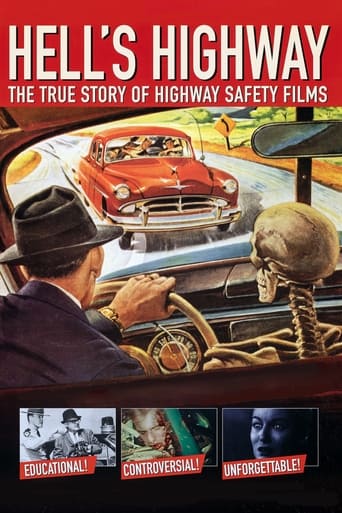


Hell's Highway: The True Story of Highway Safety Films
June. 27,2003This film covers the early history of post World War II educational films, especially those involving traffic safety by the Highway Safety Foundation under direction of Richard Wayman. In the name of promoting safe driving in teenagers, these films became notorious for their gory depiction of accidents to shock their audiences to make their point. The film also covers the role of safety films of this era, their effect on North American teenage culture, the struggle between idealism and lurid exploitation and how they reflected the larger society concerns of the time that adults projected onto their youth.


Similar titles


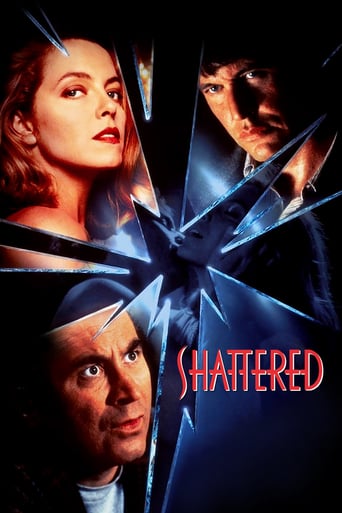
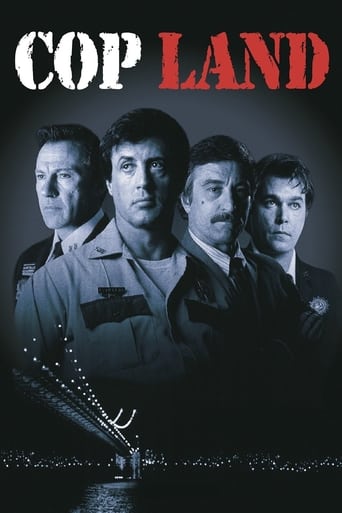
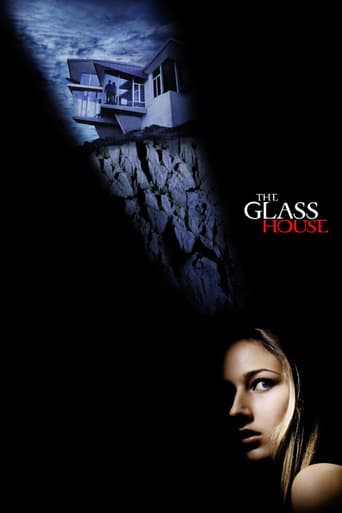
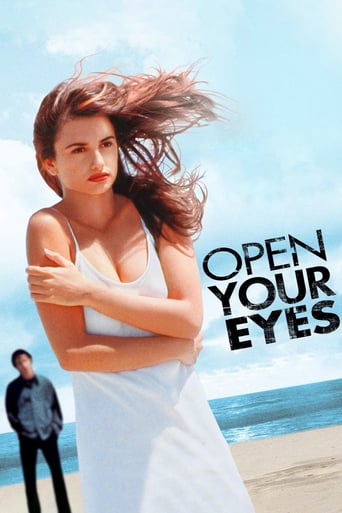
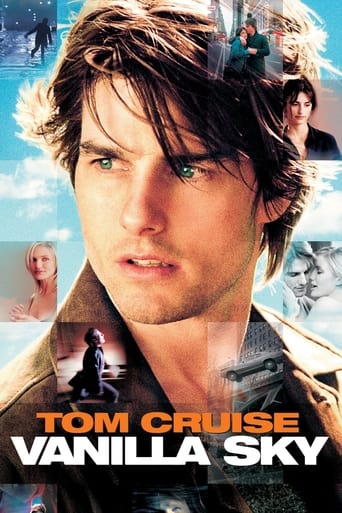
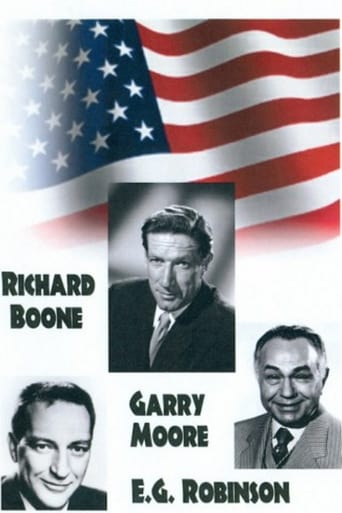
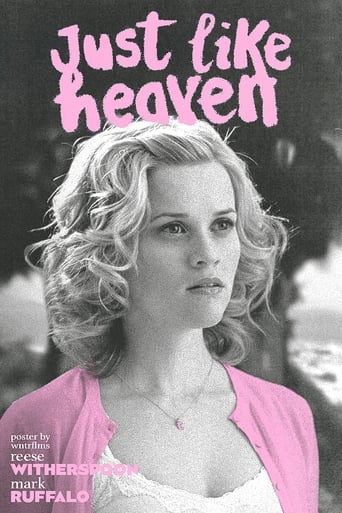
Reviews
This is a 90 minute documentary about the Highway Safety Institutes Driver's Ed shock films. Its a graphic trip down memory lane to a time and place that many of us never experienced and only heard about.Hell's Highway is the story of the company that produced educational films for schools and institutions from the late 1950's until the 1980's. The Highway Safety Institute was borne of the idea that if people saw the horrors of traffic accidents they would drive more carefully. The film makers went out and filmed the aftermath of terrible accidents where the broke bodies were removed from the wreck cars for years. The film they shot ended up in dozens of films that grossed out generations of school kids.This documentary is an interesting look at the people who went out and filmed the carnage. We get interviews with the film makers, police, and people who saw the films in addition to clips from the films themselves. Its a visceral experience that leaves you feeling a bit uneasy. Several clips are more shocking in the documentary than they probably are in the source films because you get the stories behind the footage which makes them more heartbreaking and gruesome.The film however suffers from over length. Running some 90 minutes the film begins to feel pointless about half way in, as the film makers seem intent of telling you everything about the company that made these films (including rumors of porn films). Its not bad, its simply that after a while the interest begins to wane as the film goes into all of the other films that the company made. While not fatal I did find that I was stopping the film to do other things simply because I was losing interest.If you are interested in seeing a rapidly disappearing slice of Americana I recommend you take the time and see this film. Its an informative (if gory) look into the past. Also if you saw any of these films as a teenager this is the perfect way of re-seeing the movies that probably haunted your nightmares for weeks afterward.(And if you're really interested get your hands on the DVD which comes with a second disc with four or five complete films and clips from probably two dozen more)
For just about anyone who took a driver's ed course in the sixties and seventies, those grisly highway safety films were usually the first exposure to the horrible truth about human mortality. For me, it was a little opus called "Death on the Highway". In my high school, you heard accounts of just what was in that film long before you finally got to see it. I saw it when I was seventeen, before I ever saw "Faces of Death 1", rotten.com, the footage of Budd Dwyer blowing his brains out, or the actual suicide of an unemployed dishwasher who jumped from the roof of a twelve-story building on a summer afternoon in 1986. "Hell's Highway" contains excerpts from "Death on The Highway", including the unforgettable image of two dead toddlers lying side by side, one with an arm severed. I've carried that image with me for thirty years, and when I saw it again in "Hell's Highway", I discovered that it hadn't altered a jot in my memory.What makes "Hell's Highway: The True Story of Highway Safety Films" so very satisfying as a documentary is that it strives to cover its fascinating and obscure topic from every possible perspective. Therefore we have interview footage of John Butler, retired Chief of Police of Mansfield, Ohio, Earl Deems, who produced several of these 16mm traumafests, and Mike Vraney, head honcho at "Something Weird Video" who now markets these films to the morbidly curious. Everyone who speaks in this movie speaks intelligently, and is portrayed respectfully. No one is satirized or treated condescendingly. Part social history, part memoir, part critique, "Hell's Highway" focuses mainly on a company called Highway Safety Films, the film-making arm of the Highway safety Commision, which operated out of Mansfield from 1959 to 1979, and produced "Signal 30", "Mechanized Death", "Wheels of Tragedy", and "Highway Of Agony", among others.Many of the interview subjects discuss whether showing grisly footage of bloody corpses being pulled from car wrecks to teenage kids actually made them safer drivers. To my way of thinking, it can't be proved either way, and the rule of "you can lead a horse to water, but the rule of "you can lead a horse to water but you can't make him drink" applies here. In other words, it would be irresponsible for educators not to try to make every effort to impress upon young drivers the consequences of reckless driving. What they do with the knowledge is not under the educator's control or responsibility.The version of this film that I found in my Public Library came with a bonus DVD containing uncut versions of three of the best-known productions of the Highway Safety commission's short subjects. Personally, I think that watching these things still have the power to make the viewer want to pay attention to every last stop sign.
"Hell's Highway: The True Story of Highway Safety Films" is more like a historical recollection of the famed Highway Safety Productions, which is largely responsible for setting in motion a particular type of educational film. With interviews primarily from Earl Deems, John Domer, and John Butler, this movie traces the beginnings of the highway safety films to Mansfield, a small town in Ohio. As the legend goes, at least according to those in this documentary, it started with a man who came to town photographing fatal car accidents. Eventually, this man joins with others doing the same, and they team up with the Mansfield, Ohio Police Department, gathering this footage of real car crashes, which eventually served the setting for at least three decades worth of educational films emphasizing auto safety.These movies have become a kind of unverified myth for the modern day high school driver's education student. The tales of Red Asphalt and such which have never been seen, but only rumored about. The films of Highway Safety Productions were a hybrid of educational films in their day, at least according to this documentary, because they were basically using footage from real-life auto crashes, mixed with some poorly produced, generic storyboarding to provide some structure and linear storytelling, as a scare tactic for safe driving. The filmmakers assure that these films were most successful, but I would be interested to see that, given the academic theorists positions on the problems of using scare tactic campaigns, whether these films were actually successful in reducing auto accident rates (overall or among a particular age group) in Mansfield, Ohio or other small towns where these films were shown (I suggest small towns because it would be easier to do that kind of statistical, historical analysis). I do disagree with the filmmakers that teenagers today are too desensitized to violence these days to appreciate the kind of reaction (and presumably, caution), these films were intended to elicit. I have seen my share of violent films and played my share of violent video games (especially, Grand Theft Auto), but I could not seem to get through the three full-length driver's ed films provided in the DVD package without getting choked up over the horrible sights of mangled bodies and such.This movie does tend to run quite long, and is introduced by a series of somewhat disorganized anecdotes which lay the historical foundation. Again, it is largely a story of the Highway Safety Production company rather than simply, highway safety films in general. As such, we learn a great deal more about the company's additional ventures into other forms of educational productions such as police and trucker training videos, which were initiated after the success of their driver's education films. There are also some moments of attempted scandal and sensationalism inserted there at what seemed like an unusual break in the film, which was unusual and probably, unnecessary as it is told in a way that makes you question the source.Nonetheless, viewers interested in scare tactics campaigns (it does not do much analysis about the success of these films on driver accident rates and such), or just looking for information on a rather novel documentary subject, are advised to give it a try. Again, the DVD package gives the viewer an opportunity to see the old films for himself as it includes three full-length versions plus additional excerpts.
"Hell's Highway" is a documentary focusing on the men who created the now-infamous highway safety films of the mid-twentieth century, in particular those involved with the Highway Safety Foundation (HSF) during its life as a procurer of the macabre as an educational tool. The film's director, Bret Wood, manages to capture the audience's interest without ever guiding their thoughts or beliefs towards a discernible argument or standpoint. We as an audience are never led to think or feel in a certain way about the film's subject, a characteristic that will be lauded by some and looked down upon by others. While the neutral position taken by Wood may seem like a noble endeavor, it unfortunately causes the documentary to be hollow at its center, and the viewer is left to feel that the only reason he or she is watching it is to see the usually shocking safety films contained within. Doc lovers will probably recognize the lack of form that this hollowness forces upon the film, causing it to not live up to expectations, while the casual viewer may find greater entertainment value in it, but will more than likely still recognize the empty space at the film's core.Another flaw of this film is its over-reliance on clips from the actual highway safety films produced by the HSF and its lack of supporting evidence and arguments from interviews. The interviewees seem like they have a lot to say, but are never given the opportunity to fully express their ideas and thoughts behind the making of the safety films. Instead, Wood inserts usually the most shocking scenes from the films being mentioned for sheer entertainment purposes, as if he were afraid that the audience would lose interest in the doc's subject matter.In addition to this, the film suffers from being overly-long and drawn out. At a running time of approximately ninety minutes, this film sets out to stretch a subject a little too thinly over a lengthy period of time. It is more than likely due to Wood's hesitance to take a stance on his subject that causes the film to seem extended beyond its limits. One cannot help but wondering what the film would be like if it followed a more rhetorical or dramatic arc, rather than focusing on interview footage that has a tendency to beat around the bush, so to speak. The film's final third suffers the most from this forced extension of time and topic as it skews into mentioning the other safety films produced by the HSF as it began to expand that had little or nothing to do with automobile accidents or cautions. The section on the HSF's rumored involvement with pornographic films seems like a complete digression and an ignorance of the doc's central idea and topic. And while the safety films dealing with shoplifters, child molesters, and the like are interesting in their own right, their presence in the film as a whole seems awkward and out of place.Overall, this is an interesting film dealing with an extremely interesting subject. Its untraditional and neutral approach to its subject is a detriment, though, as is its overly-long running time. As a documentary, it succeeds on some levels but fails on more, but as an opportunity to see some of the most shocking and amazing highway safety films ever produced, it will definitely not disappoint.
